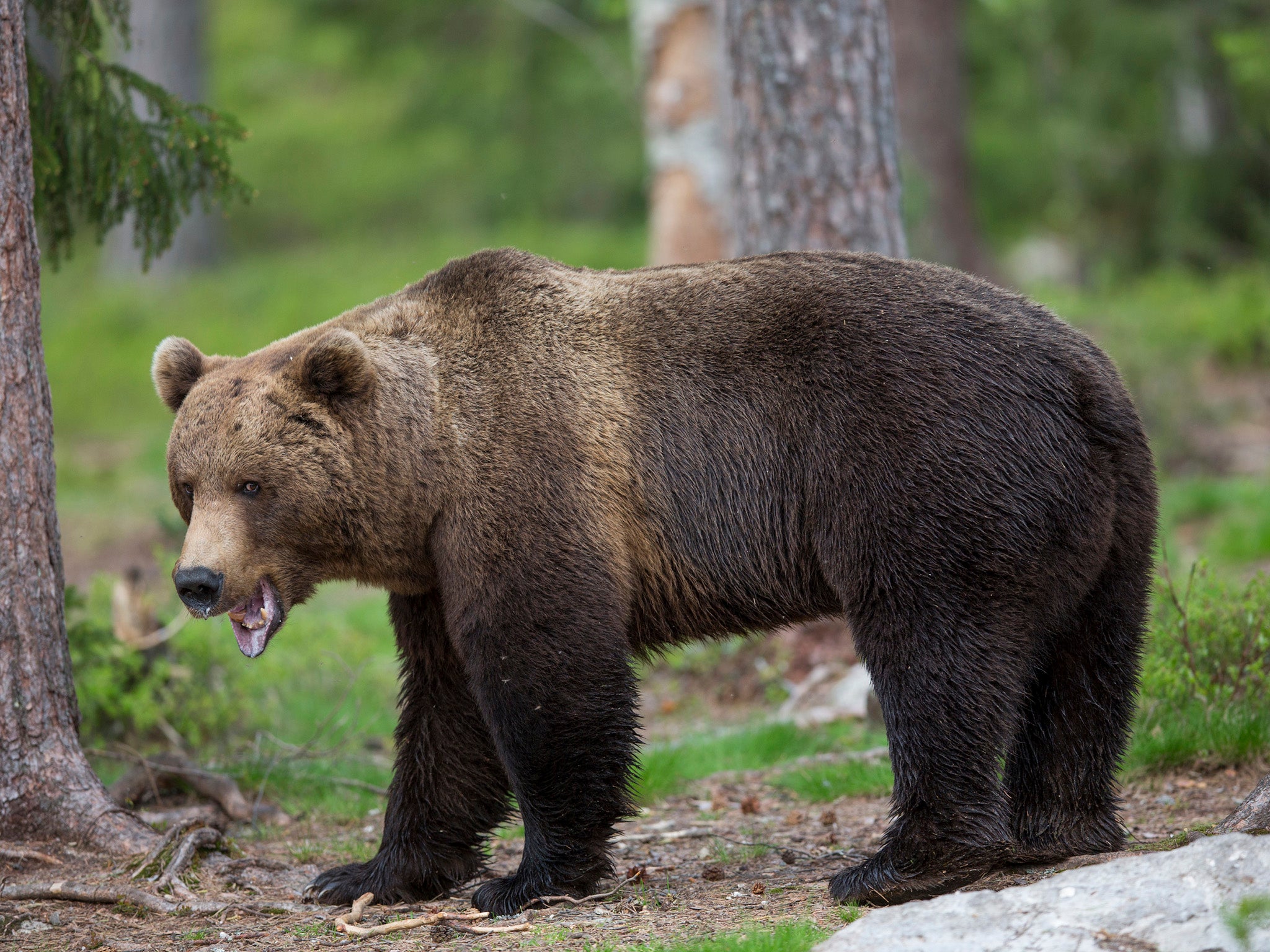Romania outlaws trophy hunting of bears, wolves and wild cats
Country closes legislative loophole that allowed thousands of animals to be shot each year

Romania has banned the trophy hunting of all brown bears, wolves, lynx and wildcats, following mounting opposition to the practice which has surged in recent years.
The unexpected decision by the country’s Environment Ministry will immediately protect 1,700 wild animals that would have been killed under government agreed annual hunting quotas.
However, the move is expected to generate fierce opposition from the rural population who see hunting as an effective means of controlling dangerous predators, and also from the country’s booming hunting industry.
The Carpathian Mountains are home to the largest population of bears and wolves in Europe, and since the country joined the European Union in 2007, a multi-million pound hunting industry has developed with hunters paying as much as €10,000 (£8,800) for hunting trips, The Guardian reports.
In 2016, government agreed quotas allowed the shooting of 550 bears, 600 wolves, and 500 big cats.
According to ZMEscience.com, that is the equivalent of the entire brown bear population of Slovenia, the combined wolf population of France, Norway and Sweden, and four times the number of lynxes in Poland.
Since 2007, 2,374 bears, 1,586 wolves, 898 big cats and 120 lynxes have been shot in Romania, local media reports.
The species are protected under EU law, but a legislative loophole has allowed the practice to continue.
Hunting the animals is legal if they have attacked a person or damaged property. To get round the protection, hunting associations have been responsible for reporting both the number of big predators living in the country, and also estimating the numbers which will likely cause damage.
The resulting number is then split between hunting companies, and the rights to kill the animals are then sold onto the public.
The ban will put an end to this conflict of interest, which could be responsible for significant over-reporting of the numbers of animals alive, as well as the number which may cause any harm to humans.
The country’s environment minister Cristiana Pasca-Palmer said: “The question was if these species really are [hunted] because of an underlying human-animal conflict, or if it’s just a cloacked hunting practice,” the Romanian news organisation Stirile Pro TV reports.
Speaking to the Guardian, she added: “How can hunting associations count how many animals are causing damages a priori – before the damages have happened? By introducing the ban, what we are doing is simply putting things back on the right track, as the habitats directive originally intended.”
In order to deal with dangerous animals in the wake of the hunting ban, the government has set up a wild animal emergency service to assess reports of damages and deal with individual animals directly.
Join our commenting forum
Join thought-provoking conversations, follow other Independent readers and see their replies
Comments
Bookmark popover
Removed from bookmarks